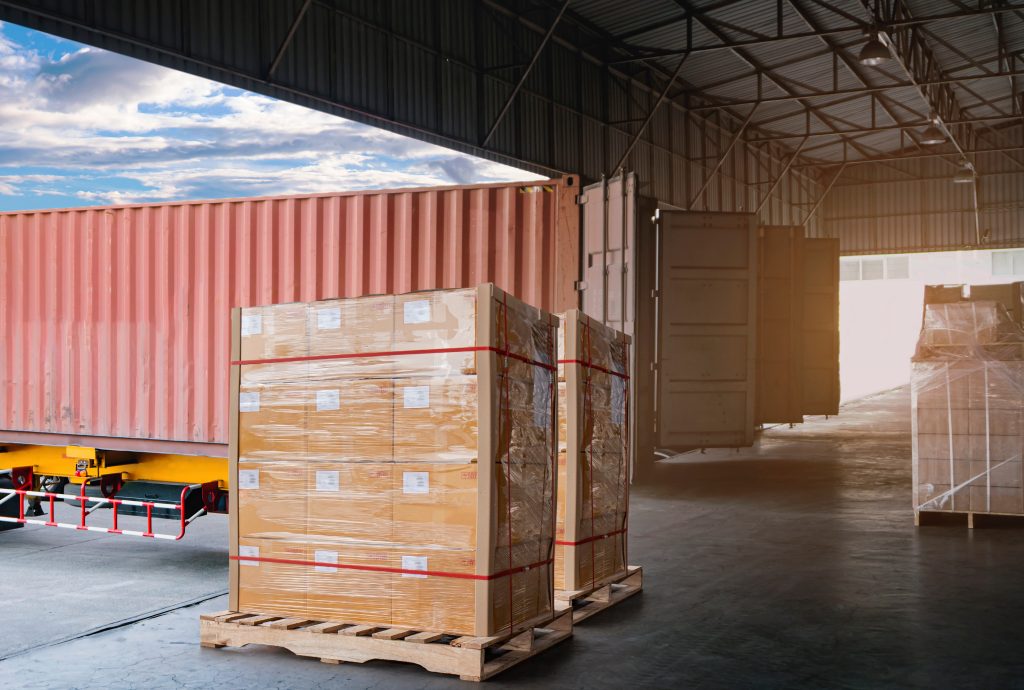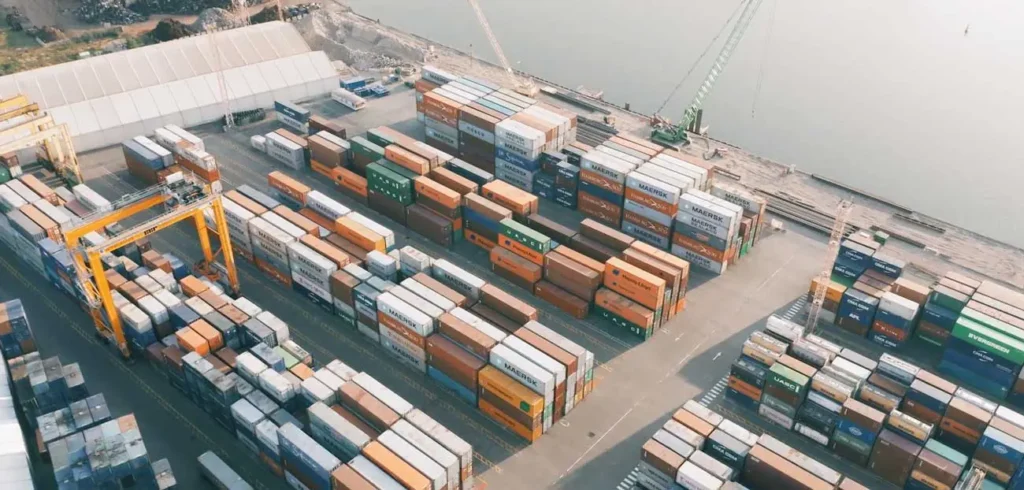Are you a company looking to ship smaller goods volumes regularly? As an experienced shipping company, we know cost-efficiency and on-time deliveries is a priority. In this blog post, we share 6 key facts about LCL shipping every company should know – and how it may benefit you.
1. LCL is perfect for shipping smaller goods volumes.
LCL is short for Less than Container Load and is basically container-sharing. Individual consignments are combined to make up a Full Container Load (FCL). The individual consignments are consolidated at the departure point, and the container is then shipped to its destination port. On arrival, the shipment is split back into its original consignments for onward delivery to each destination. If you are a small or midsize business that doesn’t have enough goods to fill an entire container, LCL is the perfect shipping option for you.
2. You can save money with LCL shipping.
LCL shipments are sometimes referred to as a stopgap solution. But LCL is actually a more economical option a lot of the time. LCL allows for savings on freight costs as the cargo is shipped at lower costs. Shipping smaller volumes also means less storage space, lower risks, and speedier inventory turnover. All these things have an impact on your financial results that, ultimately, allow you to save money.
3. LCL benefits all companies with time-critical shipments.
LCL shipping is used across almost all industries and businesses – and you can ship almost any kind of cargo. The reason many companies use LCL is they have smaller goods volumes that need to be shipped regularly – however, they don’t have the time to wait until they have enough goods to fill an entire container. LCL consolidation simply allows these companies to ship their time-critical cargo without having to wait.
4. LCL is a flexible solution for on-demand production.
Today, production lines are leaning towards an on-demand approach. Product lifecycles are shorter, and warehousing and storage spaces are less readily available. In response to rapidly changing customer demand, stock levels are kept to a minimum. LCL is a flexible solution that goes well hand in hand with the modern on-demand production approach.
5. Sharing containers means caring for the environment.
They say sharing is caring, which is true, especially when it comes to moving goods. Today, there is an overcapacity in the container segment, meaning empty containers are being shipped overseas. Shipping empty containers is hugely wasteful and not very eco-friendly. Sharing space, however, contributes to a greener environment as it means no empty mileage and lower emissions.
6. LCL can help reduce issues on European roads.
Over the past years, freight volumes have increased on European roads. This has led to heavy congestion, decreased road safety, traffic delays, and strains on the roads. Moving goods volumes from road to sea – using LCL to optimise container space, decreasing the number of heavy vehicles on the roads – can help reduce these issues. This would contribute to smoother traffic flows, safer driving, on-time deliveries and less wear and tear.
LCL shipments are making sense for a lot of companies. Are you ready to optimise your logistics?





